★★★★
Theatre is one of many artistic mediums used to communicate and draw attention to political issues around the world. Over the years I have watched several productions that showcase politics throughout history, including George Orwell’s Animal Farm, various Rodgers and Hammerstein musicals and Cabaret which is set in 1930s Berlin. I have been intrigued by how the characters represent viewpoints of the time and these experiences have inspired me to continue watching more harrowing pieces of theatre.
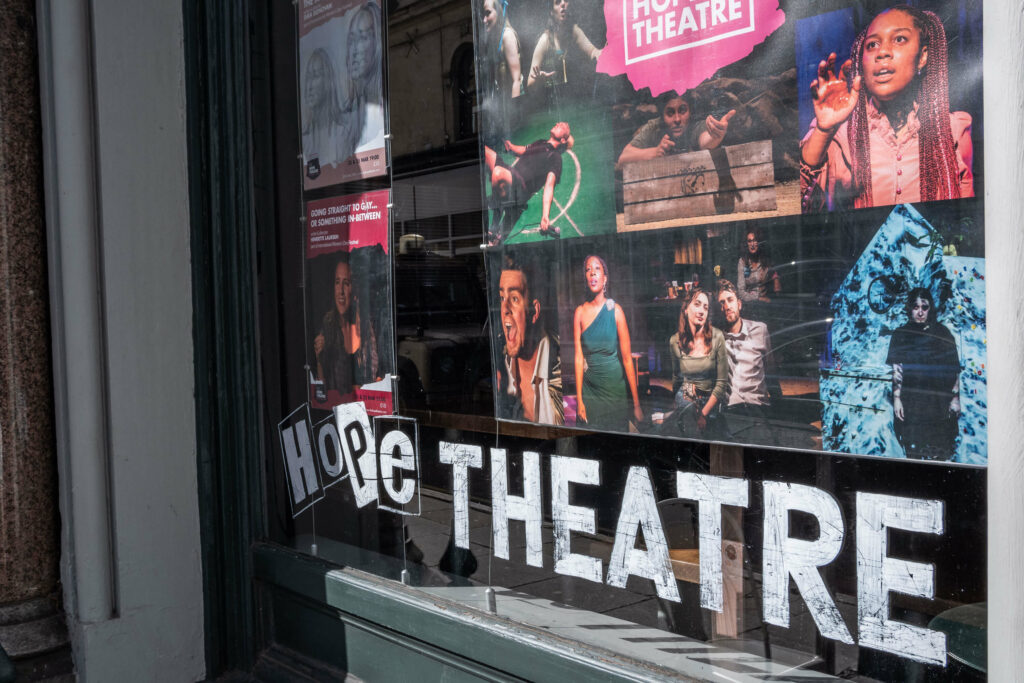
Liverpool-derived theatre company Sort Sol Theatre produces work that focuses on politics and societal issues of the present day. They have recently created two new productions in recognition of International Women’s Day: Toska and Where Have All Our Women Gone?. Created by company director Elizabeth Huskisson, the shows were recently presented as a double bill at The Bridge House Theatre in Penge, but unfortunately I wasn’t able to make it to these performances. Instead I was invited to review Where Have All Our Women Gone? during its run at The Hope Theatre in Islington.
Background and structure
The one woman play starring Huskisson as ‘Everywoman’ is a raw and transparent montage of the crimes against women in the UK over recent years. It is being showcased as part of the Indigo Arts Collective’s International Women’s Day Festival and could not be more relevant to today’s society, with the terrifying news reports about the mistreatment of women by their partners, close relatives and also members of authority in the awful cases of Sarah Everard, Nicole Smallman and Bibaa Henry to name but a few examples. It is approximately 45 minutes in length and during that time the actor covers multiple voices.
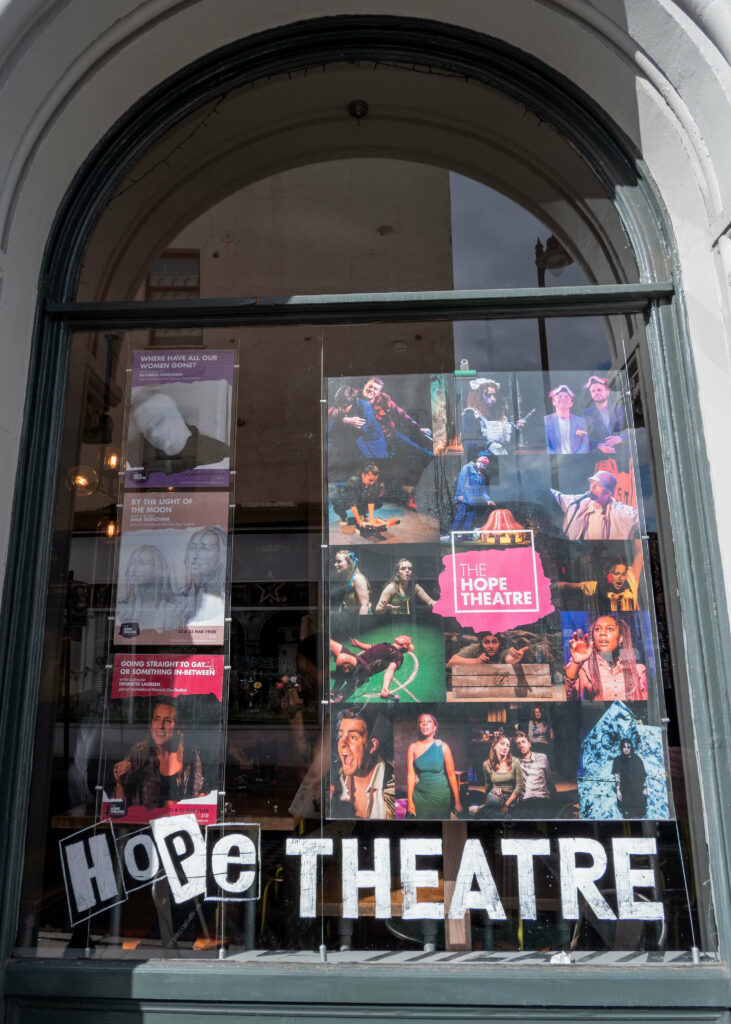
Pace and context
A fast moving and emotionally exhausting piece of theatre, at first I struggled to understand who Huskisson is to the material. Are they a spectator reporting on recent attacks? Are they trying to provide different peoples’ perspectives surrounding violence to women? The speed of the dialogue and lack of plot makes things hard to follow at first, but as the material progressed I began to interpret the show as a montage of words by news reporters, online commenters, family members of the victims and more. Showcasing the power of language in the media, Huskisson combines these real-life comments with moments of reflection, illustrating the fear we as women keep bottled up on a daily basis. The play encourages us to look at what is happening in the UK today and aspire for change.
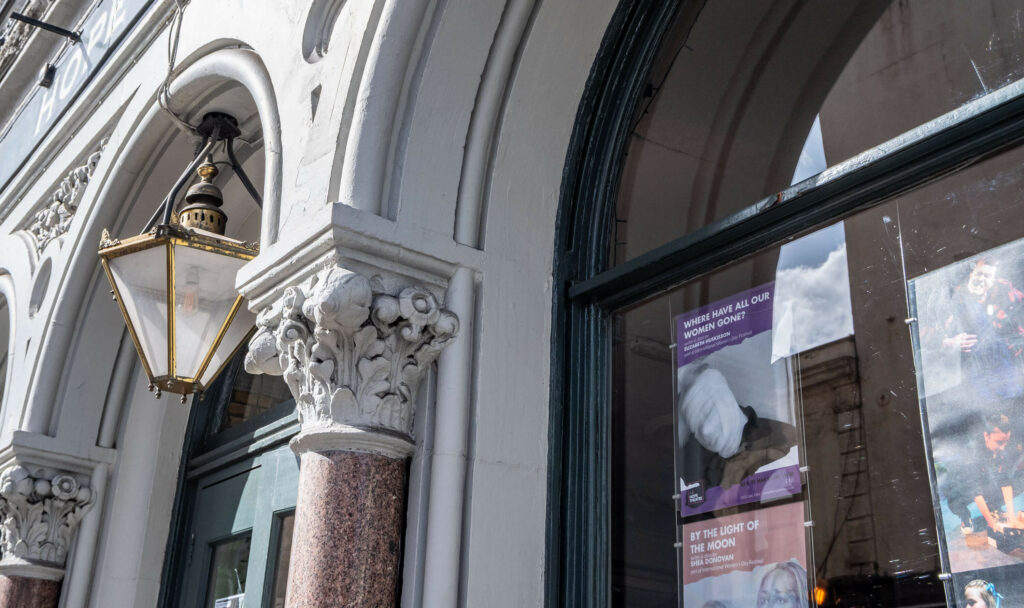
Themes and triggers
Where Have All Our Women Gone? is by no means a light piece of theatre, sharing the details of countless homicide and domestic violence cases. If themes of sexual violence and murder in the arts are distressing for you, please think twice before attending the performance as the material is deeply upsetting at times. Huskisson details the names of both the victims and their attackers, listing them in quick succession to hit home how many incidents there have been. The number of events mentioned made me feel quite sick in my seat; there have been so many horrific crimes. Even though a lot of women are mentioned one after another, Huskisson respectfully ensures that each innocent soul is given time in the script so that we don’t forget them.
Use of satire
The work is understandably dark, but Huskisson breaks up the horrifying content with brief moments of satire in the form of fictional adverts. Utilising an ultra-positive, intentionally creepy tone of voice, Huskisson shares fictional marketing snippets, offering ridiculous items for sale that women supposedly ought to have on their person so that they don’t get attacked. These segments challenge how we are brought up as women, making society’s teachings come across as utterly ridiculous.
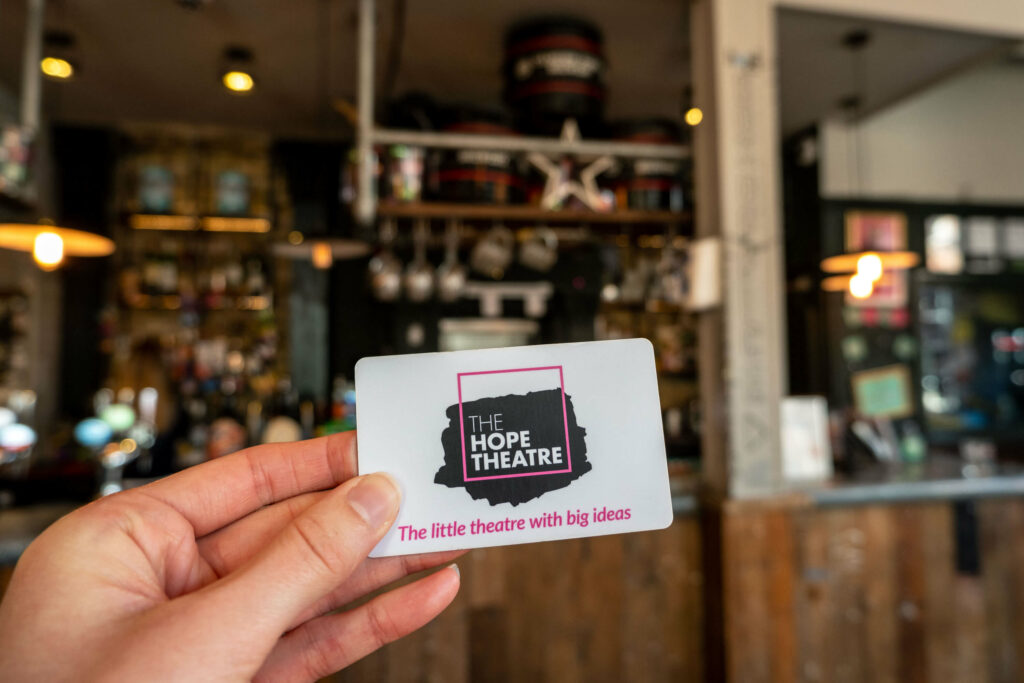
Sound design
Louie Johnston-Ward’s sound design is creative, providing background noise which adds to the chaos and distress of the production. At times the sound does compete with Huskisson though, especially when away from a microphone. During these moments it makes it difficult to focus on the dialogue which is the most important part of the show. I think the production could benefit from lowering the backing sound slightly.
In addition, Huskisson uses a microphone at some points in the production, but not at others. I struggled to work out the significance of this and how it affects the narrative. Greater clarity around this creative choice would help aid the flow of the material. At present it feels a little discontinuous, breaking the flow of Huskisson’s dialogue.
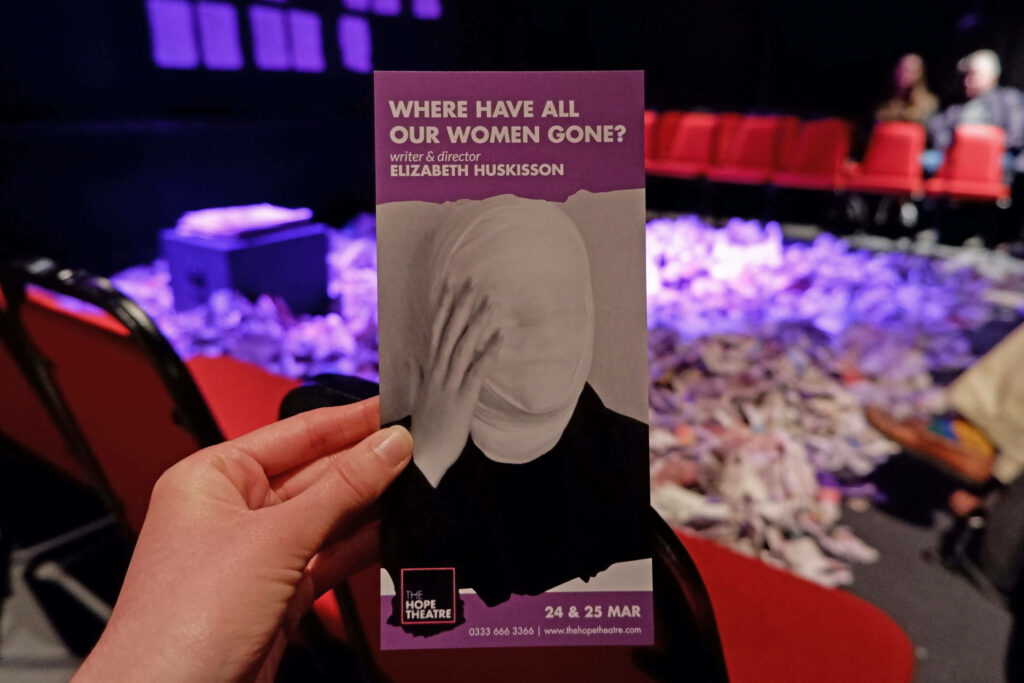
Skill and performance
It goes without saying that Huskisson is an unbelievably talented performer. Where Have All Our Women Gone? features 45 minutes of endless dialogue told through different voices and Huskisson switches between characters with ease. A huge amount of stamina is required to pull off the material, not forgetting to honour each of the victims in the process.
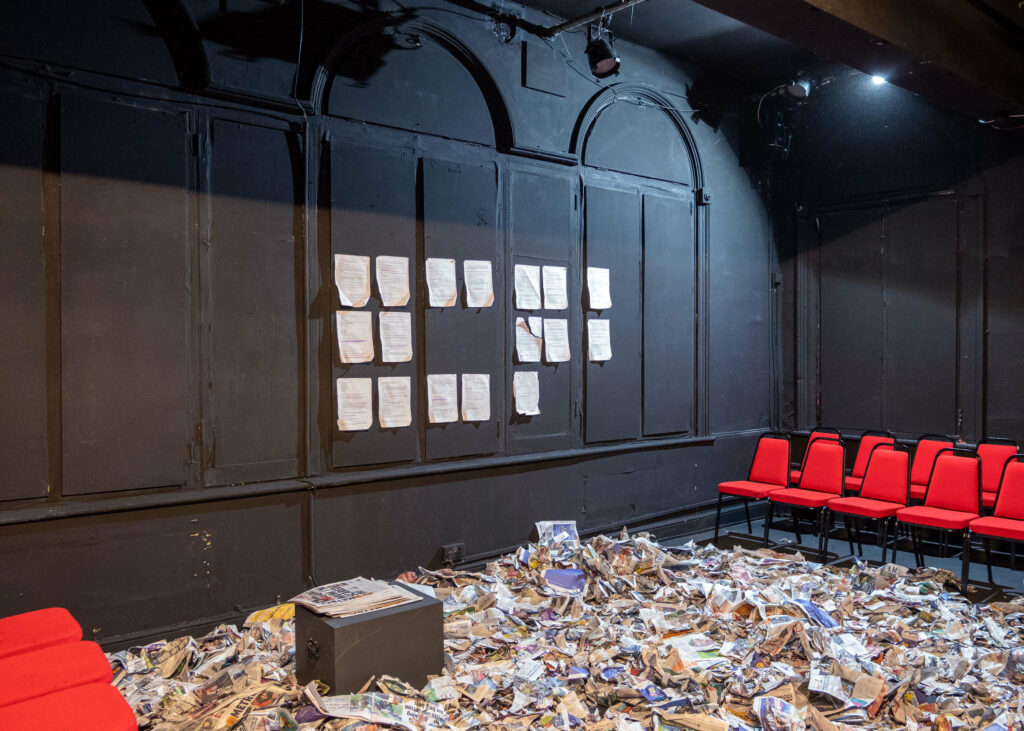
Overall thoughts
An extremely important one woman show, Where Have All Our Women Gone? forces its audiences to reflect on the awful violence against women that has been happening in today’s society. In terms of what comes next, I see this play going beyond theatre, potentially acting as a teaching aid for current and future generations. It exposes society’s flaws and drives change for the better. Although the production has now ended its run at The Hope Theatre, you can catch it from 23rd – 27th May at The Lion & Unicorn Theatre in Kentish Town.
Thanks for reading my blog today.
Love Kat xxxx
*My ticket for Where Have All Our Women Gone? was gifted in exchange for a review of the production.

I have been going to the theatre for more than 60 years and cannot remember when a play has had a greater impact on me. For a young woman to have written this script in such an informed, articulate and erudite way and then performed it so skillfully and powerfully has left me stunned. she deserves great praise and recognition for delivering such a traumatic and important message. I hope it reaches those with influence who can bring about change. women need more voices like Elizabeth’s.
Wonderfully said!
Thank you for sharing your thoughts on the play.
Kat